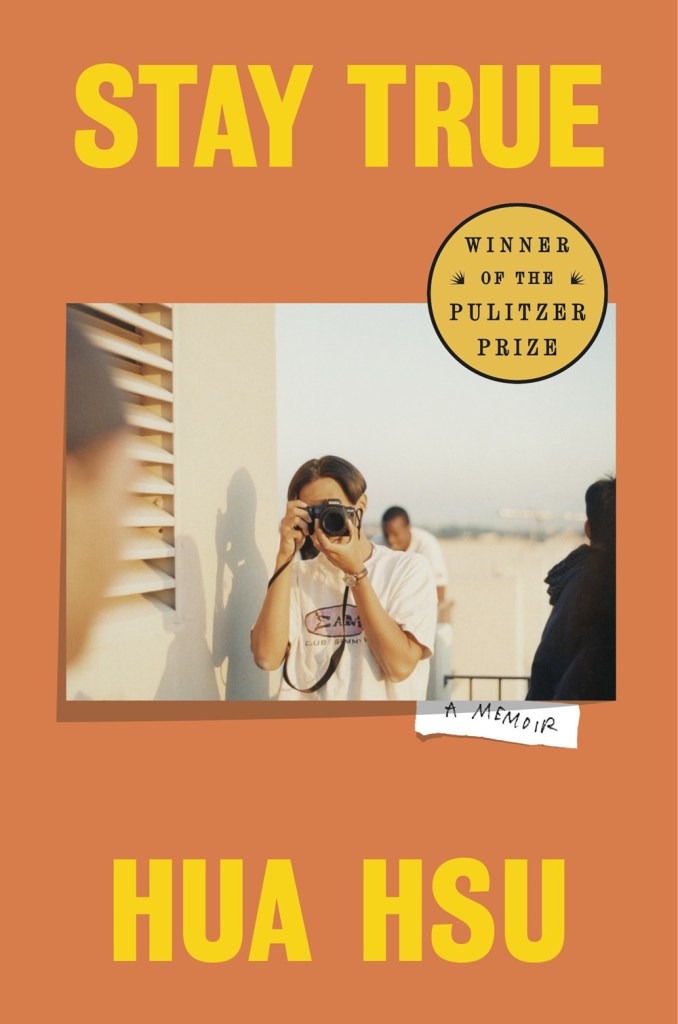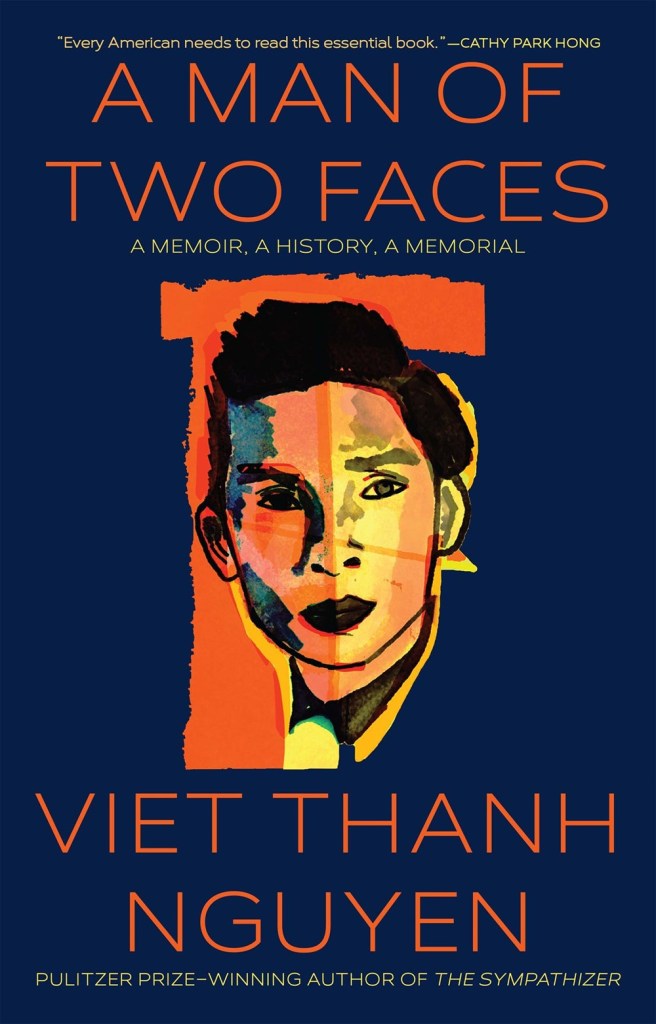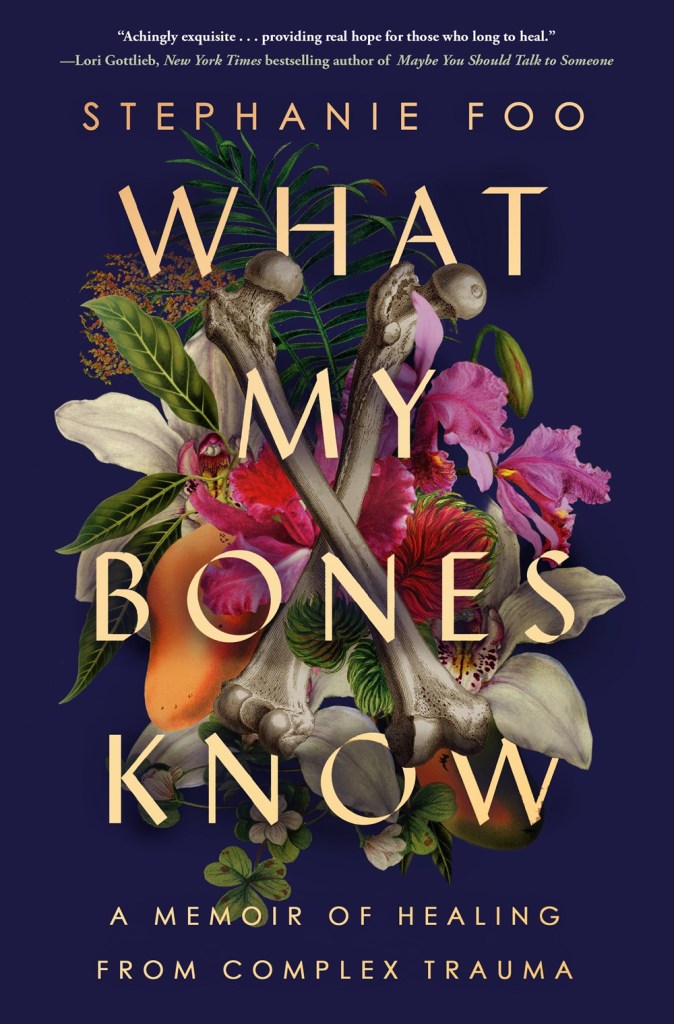May is Asian American Pacific Islander Heritage (AAPI) Month, celebrating the more than 20 million people who are part of the AAPI community. The month of May was selected in commemoration of the immigration of the first Japanese people to the United States in May 1843 as well as the completion of the transcontinental railroad on May 10, 1869.
In celebration of AAPI stories, here are memoirs written by members of the AAPI community available in our collection. Click on the title to request the print book, or check our digital offerings for more options.

Owner of a Lonely Heart by Beth Nguyen
At the end of the Vietnam War, when Beth Nguyen was eight months old, she and her family fled Saigon for America. Only Beth’s mother stayed–or was left–behind, and they did not meet again until Beth was nineteen. Over the course of her adult life, she and her mother have spent less than twenty-four hours together. A memoir about parenthood, absence, and the condition of being a refugee.

The Worlds I See by Dr. Fei-Fei Li
Known to the world as the creator of ImageNet, a key catalyst of modern artificial intelligence, Dr. Li has spent more than two decades at the forefront of the field. But her career in science was improbable from the start. As immigrants, her family faced a difficult transition from China’s middle class to American poverty. And their lives were made all the harder as they struggled to care for her ailing mother, who was working tirelessly to help them all gain a foothold in their new land.

Stay True by Hua Hsu
In the eyes of eighteen-year-old Hua Hsu, the problem with Ken–with his passion for Dave Matthews, Abercrombie & Fitch, and his fraternity–is that he is exactly like everyone else. Ken, whose Japanese American family has been in the United States for generations, is mainstream; for Hua, the son of Taiwanese immigrants, who makes ‘zines and haunts Bay Area record shops, Ken represents all that he defines himself in opposition to. The only thing Hua and Ken have in common is that, however they engage with it, American culture doesn’t seem to have a place for either of them.

A Man of Two Faces by Viet Thanh Nguyen
With insight, humor, formal invention, and lyricism, in A Man of Two Faces Viet Thanh Nguyen rewinds the film of his own life. He expands the genre of personal memoir by acknowledging larger stories of refugeehood, colonization, and ideas about Vietnam and America, writing with his trademark sardonic wit and incisive analysis, as well as a deep emotional openness about his life as a father and a son.

Everything I Learned, I Learned in a Chinese Restaurant by Curtis Chin
Nineteen eighties Detroit was a volatile place to live, but above the fray stood a safe haven: Chung’s Cantonese Cuisine, where anyone–from the city’s first Black mayor to the local drag queens, from a big-time Hollywood star to elderly Jewish couples–could sit down for a warm, home-cooked meal. Here was where, beneath a bright-red awning and surrounded by his multigenerational family, filmmaker and activist Curtis Chin came of age; where he learned to embrace his identity as a gay ABC, or American-born Chinese.

All You Can Ever Know by Nicole Chung
Nicole Chung was born severely premature, placed for adoption by her Korean parents, and raised by a white family in a sheltered Oregon town. From childhood, she heard the story of her adoption as a comforting, prepackaged myth. She believed that her biological parents had made the ultimate sacrifice in the hope of giving her a better life, that forever feeling slightly out of place was her fate as a transracial adoptee. But as Nicole grew up-facing prejudice her adoptive family couldn’t see, finding her identity as an Asian American and as a writer, becoming ever more curious about where she came from-she wondered if the story she’d been told was the whole truth.

Minor Feelings by Cathy Park Hong
Binding these essays together is Hong’s theory of “minor feelings.” As the daughter of Korean immigrants, Cathy Park Hong grew up steeped in shame, suspicion, and melancholy. She would later understand that these “minor feelings” occur when American optimism contradicts your own reality–when you believe the lies you’re told about your own racial identity. Minor feelings are not small, they’re dissonant–and in their tension Hong finds the key to the questions that haunt her.

What My Bones Know by Stephanie Foo
In this deeply personal and thoroughly researched account, Foo interviews scientists and psychologists and tries a variety of innovative therapies. She returns to her hometown of San Jose, California, to investigate the effects of immigrant trauma on the community, and she uncovers family secrets in the country of her birth, Malaysia, to learn how trauma can be inherited through generations. Ultimately, she discovers that you don’t move on from trauma–but you can learn to move with it.
Happy reading!
-Melinda